Episodes
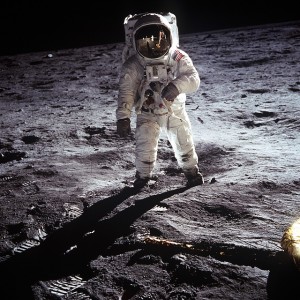
Monday Jun 03, 2019
Series Five: A World of Wonder - the wonder of space exploration
Monday Jun 03, 2019
Monday Jun 03, 2019
Every culture on earth has some relationship to the moon, whether that is through science or culture. In the 50th anniversary year of the moon landing, Dr Emily Brunsden from the University of York's Department of Physics, talks about how the expedition changed our understanding of space exploration and brought science out of the labs for the first time for the whole world to wonder and marvel at.
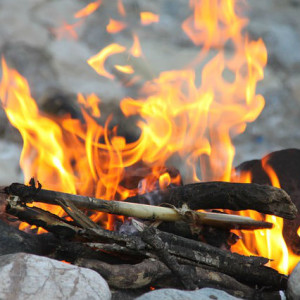
Monday Jun 03, 2019
Series Five: A World of Wonder - the wonder of human evolution
Monday Jun 03, 2019
Monday Jun 03, 2019
Can recreating the activity of our prehistoric ancestors help us in understanding human evolution? Dr Aimee Little, from the University of York's Department of Archaeology, introduces the York Experimental Archaeological Research (YEAR) Centre, an outdoor experimental archaeology workspace, nestled in amongst a grove of protected trees adjacent to a lake. At what feels and looks very much like a prehistoric campsite, students can experience first-hand what it would have been like to craft objects in the past using traditional techniques; for example, firing a pot, hafting an arrowhead, or weaving a basket out of reeds.
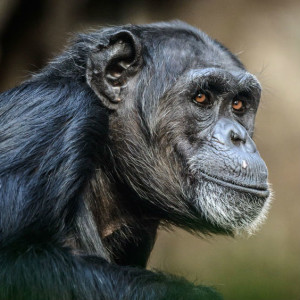
Monday Jun 03, 2019
Series Five: World of Wonder - the wonder of primate communication
Monday Jun 03, 2019
Monday Jun 03, 2019
Human beings have a sophisticated system of communication and so too have our closest primate relatives, despite a more basic range of sounds. Professor Katie Slocombe from the University of York's Department of Psychology discusses how chimpanzees talk to each other and why understanding their communication techniques will help us in the conservation efforts of their natural environment, as well as their treatment in captivity.
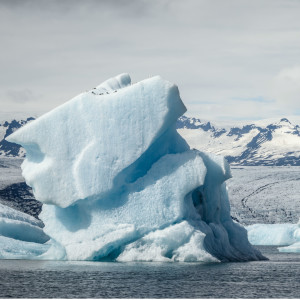
Monday Jun 03, 2019
Series Five: A World of Wonder - the wonder of the world of ice
Monday Jun 03, 2019
Monday Jun 03, 2019
Ever wondered what ice sounds like? It creaks and groans, explains Dr David Rippin from the University of York's Department of Environment and Geography. Large bodies of ice are depleting at an alarming rate as a result of climate change, but can anything be done to halt this process and protect what remains of this essential element of our environment? Dr Rippin talks us through his expeditions through the world of ice. Photo credit: Dr David Rippin http://www.photorippin.com/
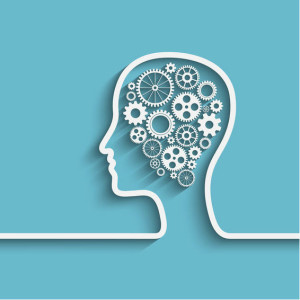
Monday Jun 03, 2019
Series Five: A World of Wonder - the wonder of the creative brain
Monday Jun 03, 2019
Monday Jun 03, 2019
Einstein said that imagination is far more important than knowledge. Does science remove the wonder from the world? Can you have a creative brain as well as a scientific one? Professor of Natural Philosophy, Tom McLeish, from the University of York's Department of Physics discusses the imagination required to make significant scientific discoveries.
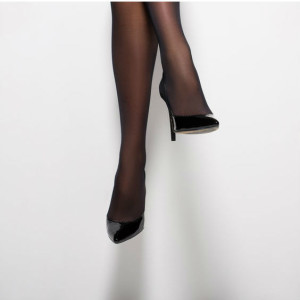
Monday Jun 03, 2019
Series Five: A World of Wonder - the wonder of the black market
Monday Jun 03, 2019
Monday Jun 03, 2019
On the 80th anniversary of nylon stockings, discover how Britain's insatiable desire for hosiery led to a thriving black market in the wake of the Second World War. Dr Mark Roodhouse from the University of York's Department of History talks about the 'wonder' that was nylon stockings and how they became bigger business than drug smuggling.
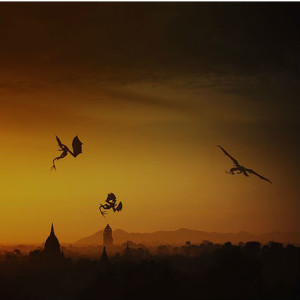
Monday Jun 03, 2019
Series Five: A World of Wonder - medieval ideas of wonder
Monday Jun 03, 2019
Monday Jun 03, 2019
Medieval romance literature is thought of as the forerunner of modern-day fantasy stories, but where did medieval ideas of wonder come from? Was an object of wonder to be revered or feared? Dr Lydia Zeldenrust from the University of York's Department of English and Related Literature discusses medieval discovery, myth, and magic in stories that have been passed on through the generations.
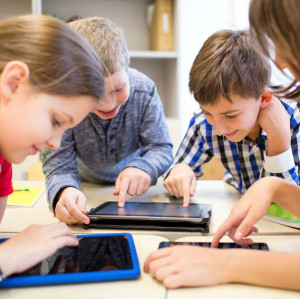
Thursday Nov 15, 2018
Series Four: The Story of Children's Mental Health (episode two)
Thursday Nov 15, 2018
Thursday Nov 15, 2018
There are a number of interventions to improve health and quality of life for people with mental health problems, but not all interventions work for adults as well as children. As part of the Child Oriented Mental Health Intervention Centre at the University of York, researchers are developing a digital game to treat fear-related conditions in children. Working with health professionals, young people, and games developers, this new project investigates how digital technologies could be used in the place of, or alongside, traditional therapies to improve the mental wellbeing of children and young people.
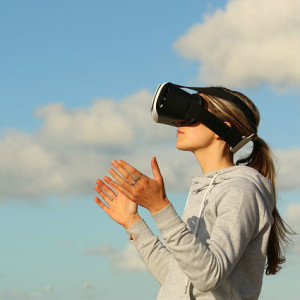
Thursday Nov 15, 2018
Series Four: The Story of Singing in Virtual Reality (episode one)
Thursday Nov 15, 2018
Thursday Nov 15, 2018
Virtual reality technology is being tested in a range of new contexts, from helping museum visitors access the past and travel the world, to allowing people with disabilities to experience activities they have difficulties with in the ‘real world.’
Researchers at the University of York's Audio Laboratories are now investigating what impact the technology could have on community singing. Previous research has shown that singing, and particularly choir singing, can have positive impacts on mental health and wellbeing, but can it have the same impact in the virtual world?
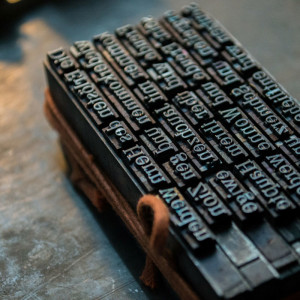
Monday Oct 08, 2018
Monday Oct 08, 2018
Professor Helen Smith, from the University of York's Department of English, introduces us to the Thin Ice Printing Press. It is the winter of 1769 and ice has frozen the river that runs through York in the UK. The local community hosts a winter fair and one businessman decides to take his printing press out onto the frozen river. This story has inspired a new project at the University - to construct a medieval printing press for modern audiences.
Join us for more at The Thin Ice Printing Press and The Quiet Place Book Club on Instagram.

